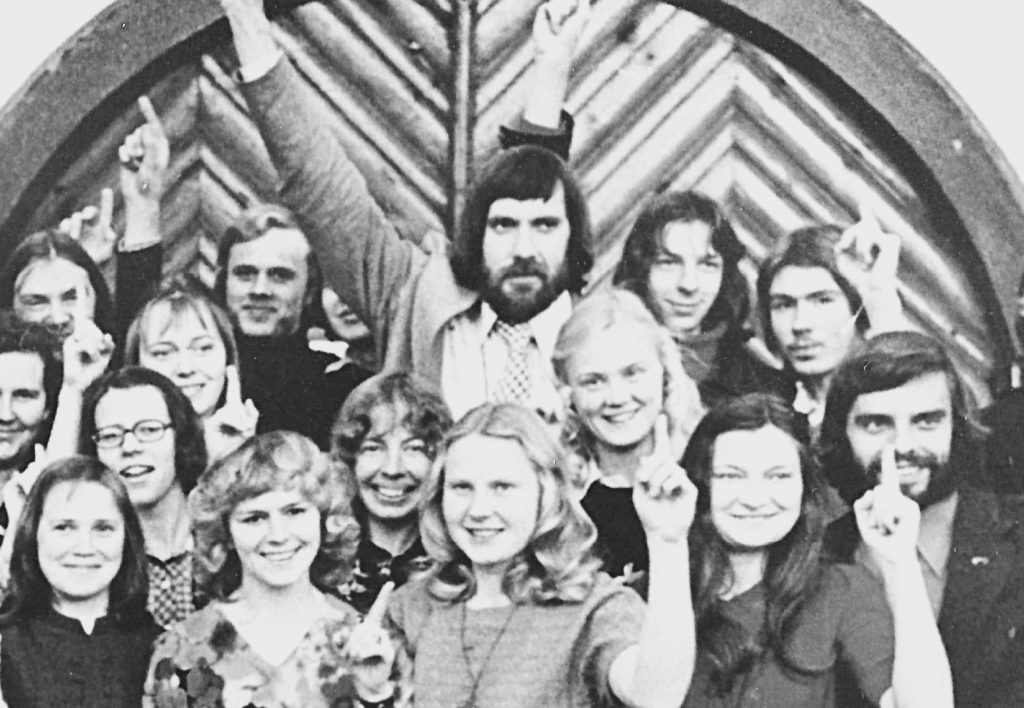There’s no point in hinting around. Studying the Bible isn’t optional, but most Christians find it taxing to establish a routine. Consequently, they either restrict their time in God’s Word to some little promise book, or they just put it off altogether. Naturally, the promise book is good, but it no more substitutes for serious reading than a donut and coffee take the place of a balanced meal. How can the Holy Spirit guide us into “all truth” if we just consider truth a snack food?

We’re a generation that has grown up on websites, magazines, tv, movies and 12-minute YouTube shows, so we find it difficult to read more than a chapter or two in a sitting … or a week … or a month. Frankly, a lot of us just won’t read anything unless it’s published twelve times a year in color or easy to find on Google. But don’t be depressed. There are understandable reasons why you don’t read your Bible like you should. If you’re the typical Christian:
- You read the Scriptures for “spiritual guidance” rather than practical instruction.
- No matter how much you read, you just don’t understand a lot of it.
- You have no idea how much Bible knowledge is “enough,” so you’re defeated right out of the gate.
The important thing is to get into Scripture as a manual for living, not just to find “proof-texts” for defending your faith. So, to that end here are six rules—I don’t really like the word “rules,” but we’ll use it—that will help you to see the Scriptures as the practical guide it was meant to be.







